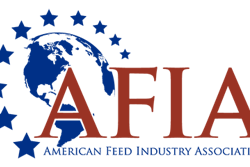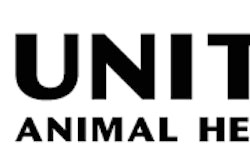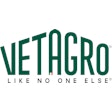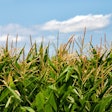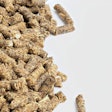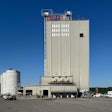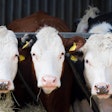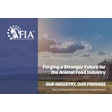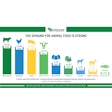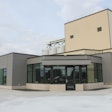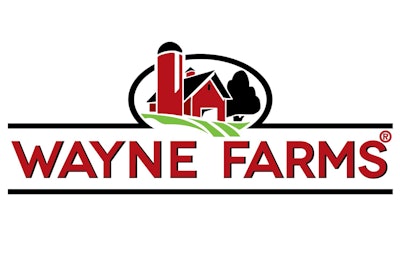
COVID-19 outbreak has created unprecedented levels of public interest and concern, unfortunately fueled by mainstream media reports containing factual errors, omissions and misinformation that contribute to the nation’s collective anxiety. Wayne Farms is not immune to these reporting inaccuracies, and recent coverage has prompted the company to present the correct information in an effort to clarify any misconceptions.
A healthy workforce is critical
To help meet the nation’s nutritional needs, Wayne Farms must ensure that the workforce is healthy and mission-ready. The Wayne Farms COVID-19 Task Force was formed in February to meet that objective, implementing a number of operational changes and requirements that are now industry standards. Our efforts to mitigate the spread of COVID-19 have helped us limit the impact to our operations, and the company has confirmed positives at five of our eleven fresh and prepared foods production facilities, and two of our 17 hatcheries and feed mills. In conformance with the latest guidance from the Centers for Disease Control and Prevention and public health authorities, this is what we are doing to help educate and protect our workforce:
- Direct communications with employees, suppliers and customers
- Infrared temperature checks of all employees and visitors
- Entry refusal and monitoring for those with elevated temperatures or displaying symptoms
- Installation of more than 1300 protective work station dividers in areas where social distancing is difficult
- Intensive training on PPE, personal hygiene, respiratory and illness protocols
- As usual, all our food production employees wear hair and beard nets, full arm and torso covering smocks, and gloves
- Rigorous and ongoing facility, equipment and apparel cleaning and sanitation, including production areas, break rooms and rest rooms
- On-site Occupational Health professionals at all facilities performing ongoing health assessments to identify those displaying symptoms of COVID-19
- Zero non-essential visitors and strict biosecurity for farms and facilities
- Encouraging employees to wear personal face coverings, and providing free facial coverings/masks where supplies are available, with continued sourcing efforts to ensure face coverings/masks are available for every employee
Monitoring employees for symptoms and at risk behaviors
- Occupational Health professionals and our own workforce are the first and best lines of defense in the battle against COVID-19. Monitoring employees and referring those with fever or symptoms to healthcare for testing or monitoring is the first step.
- Employees testing positive are removed from the workplace and quarantined on paid medical leave until they receive medical clearance to return
- Occupational Health performs an analysis of work records and interviews with employees who test positive to determine what other employees may have been exposed in the workplace
- Employees in direct contact with those testing positive are removed from the workplace on paid medical leave during their required quarantine period
Production depends on motivated workforce
Wayne Farms employees, like all food manufacturing workers, are part of the nation’s Essential Critical Infrastructure Workforce—without them we could not keep the shelves stocked and drive-thru’s supplied. From farm to table, the nation’s food manufacturing industry is a designated sector of the nation’s Critical Infrastructure. Its complex network of farmers, processors, distributors and suppliers play an essential role in providing nutrition to more than 128 million households. Right now, keeping the workforce on the job is especially critical.
- Special “HERO” incentive bonuses are now part of our compensation practices
- These “HERO” bonuses for employees working during the COVID-19 pandemic have been union-negotiated and agreed-upon in facilities with Union representation
- All employees who meet basic attendance standards receive bonuses
- Deeply-discounted, bulk-chicken sales offered to all employees and farmers—well over 500,000 pounds of chicken sold
- Chicken sales to support the communities where we operate—more than 350,000 pounds sold




